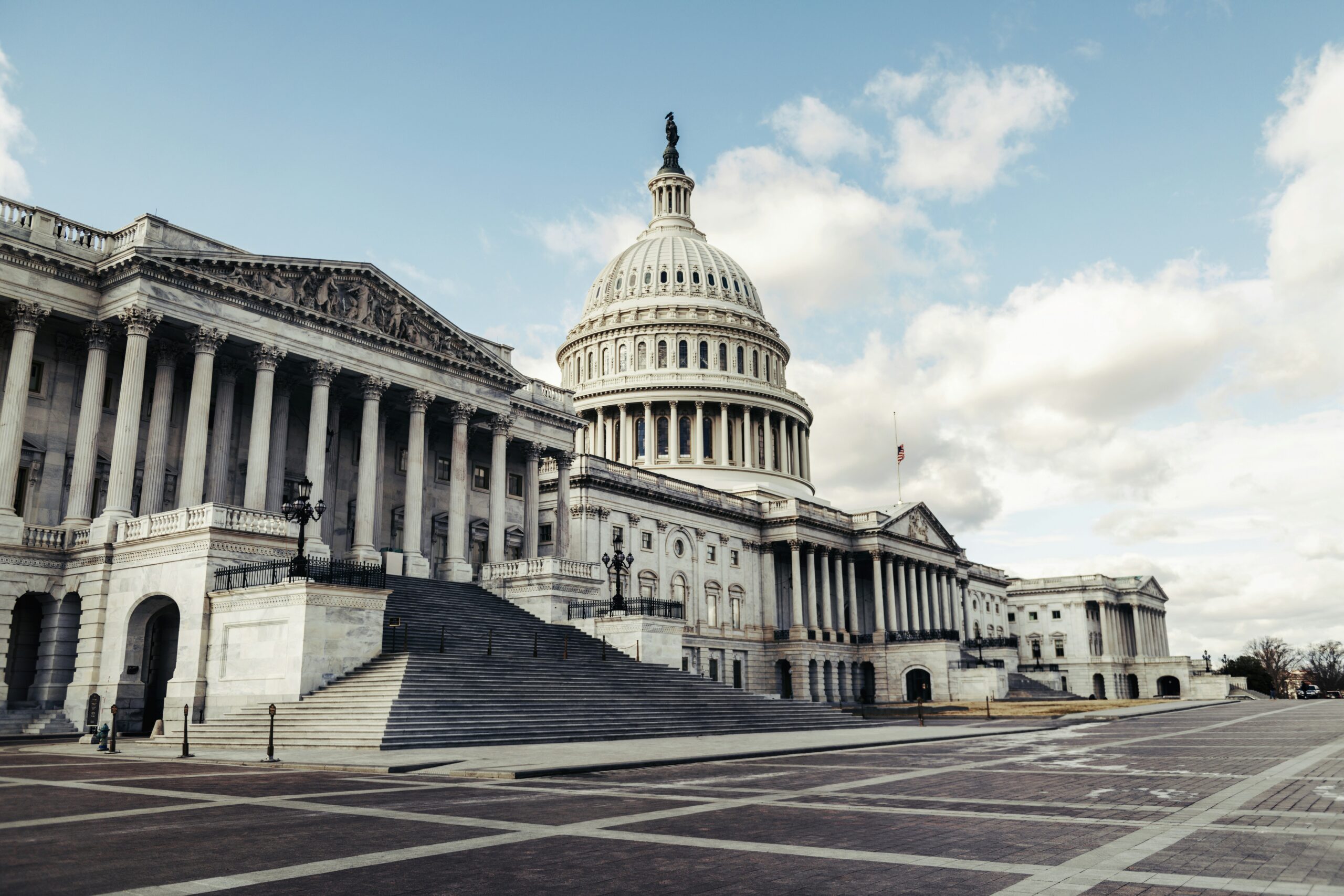With the start of the Minnesota legislative session just weeks away, many experts are still trying to determine what the hot issues will be for 2020. Our legislative rep Dave Renner, CAE, shares his take on what to expect for health care in the 2020 session and how the MAFP is prioritizing its legislative advocacy work.
Important Notes About the 2020 Session
Session begins on February 11 and is expected to wrap by the third week in May.
Since it is the second year of the biennium, it’s a shorter, non-budget year; with a projected $1.3 billion surplus, there will most likely be a supplemental budget bill.
It’s also an election year for all 201 legislative seats. Most legislators will want to complete their work as quickly as possible without causing too much controversy.
Two Health Care Issues to Watch
On the health care front, two issues have received the most focus.
Accountability and Operations at DHS
The first is the lack of accountability within the Minnesota Department of Human Services (DHS). There have been several reports of overpayments and federal regulation violations that have led legislators from both parties to suggest it is time to break up DHS into two or more departments. It is expected that these discussions will take up much of the health committee’s time.
Affordable Insulin for Diabetic Patients
The second issue that has captured the public’s interest is efforts to ensure diabetic patients can receive affordable insulin. With too many cases of Minnesotans dying because of their inability to afford their lifesaving insulin, there is strong agreement that the state must act. There is no agreement, however, how they must act. Most are hoping that the legislative work group that has been working on this issue for the last three months will reach an agreement, so the insulin bill will, hopefully, be one of the first bills to pass.
MAFP Legislative Priorities
Our 2020 priorities include (in no particular order):
- Support of Tobacco 21 (T21) and outlawing flavors: With federal action to increase the age to purchase tobacco and nicotine products to 21, Minnesota now needs to pass conforming legislation to ensure strong enforcement. We are also actively supporting efforts to address the growing vaping epidemic among high school students by outlawing the sale of flavorings.
- Prior authorization: Reduce mid-year formulary changes: Health plans and pharmacy benefit managers need to be prohibited from forcing a patient who has started a drug therapy to change medications during the enrollee’s contract year. While these mid-year formulary changes may save money for the health plan, they do not result in optimum care for the patient.
- Support of Direct Primary Care (DPC): Legislation moved in the Senate last year to promote the use of the DPC model for patients looking for alternative payment arrangements. Through DPC, patients pay a set monthly amount for all their primary care services and purchase insurance for everything else. The bill did not move in the House, but we are hoping to continue to promote this model.
- Increase investment in Minnesota’s primary care infrastructure (multi-year strategy): Looking longer range, the MAFP is devoting significant efforts to promote more investment in primary care services. Working closely with the Minnesota Department of Health, work is progressing to build a strong coalition to continue to move our payment system from one that pays for health care to one that pays for health. To do this, we need a much larger investment in primary care services (e.g., investing in a larger primary care workforce, more social services support and/or an better payment levels for primary care services). Our work in 2020 is in preparation for the 2021 session. More about primary care investment.
- Grow the primary care workforce (multi-year strategy)
- Support access to reproductive health care
- Support for gun violence prevention
- Increase immunization rates
- Ban conversion therapy
Take Action
We need YOU to weigh in on these critical legislative issues. We want to hear from family docs from across Minnesota on how these issues impact your practice and your patients.
We also encourage you to engage in the legislative process. A great opportunity to do that is by joining us for the annual Day at the Capitol on March 4, 2020. This event, co-sponsored by the MAFP, the Minnesota Medical Association and other physician specialty groups, is an easy way for you to meet with your local legislators and discuss what is important to you, your patients and your practice.
You can also reach out to our Director of Advocacy and Engagement Jami Burbidge, MAM, at jami@mafp.org, to get plugged into MAFP committees, work groups or other advocacy efforts.
_ _ _ _ _ _ _ _
Posted by:
- Jami Burbidge, MAM, director of advocacy & engagement, @jami_burbidge
- Emie Buege, communications


